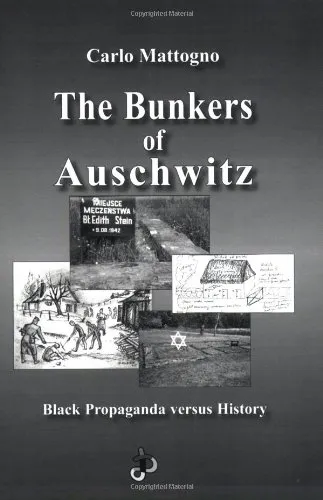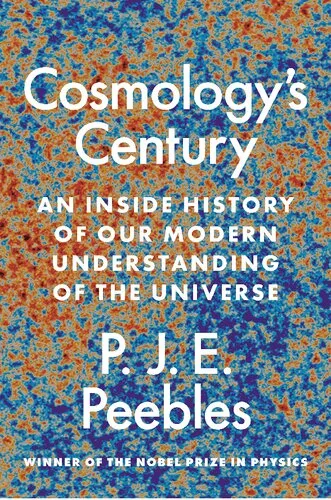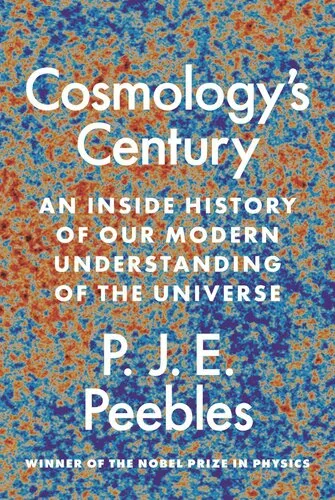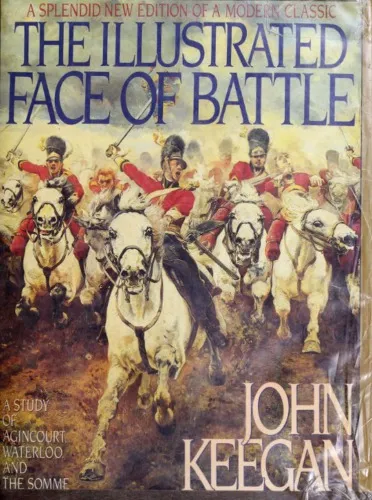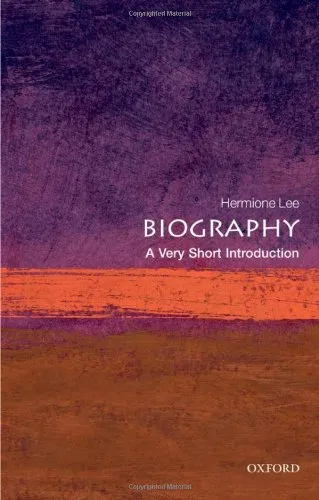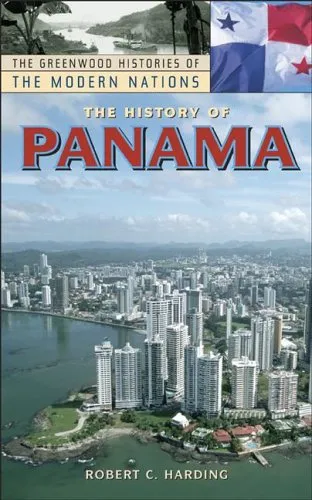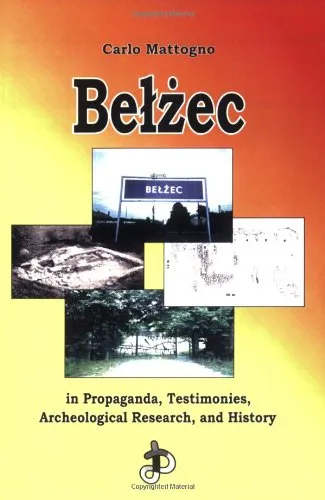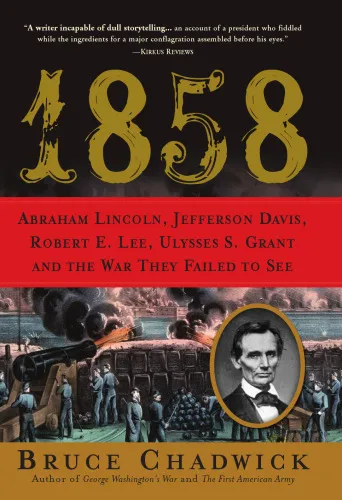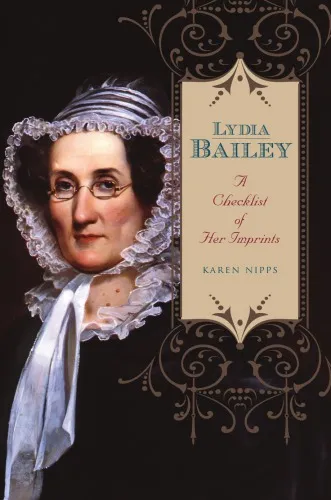The Bunkers of Auschwitz: Black Propaganda versus History
4.5
Reviews from our users

You Can Ask your questions from this book's AI after Login
Each download or ask from book AI costs 2 points. To earn more free points, please visit the Points Guide Page and complete some valuable actions.Related Refrences:
Analytical Summary
The book The Bunkers of Auschwitz: Black Propaganda versus History represents a meticulous and unwavering examination of historical claims surrounding the so‑called “bunkers” at Auschwitz. This work endeavors to clarify the complex interplay between archival evidence, wartime testimony, and post‑war interpretations, situating these elements within a broader historical context. By confronting both the documented facts and controversial narratives, the book challenges readers to critically assess the reliability of sources and the forces that shaped them.
At its core, this text emphasizes the necessity of separating propaganda from verifiable historical record — a task essential for academics, historians, and professionals in Holocaust studies. It dissects wartime and post‑war allegations about the existence, function, and purpose of specific underground and above‑ground structures within Auschwitz. Through detailed analysis, the author weighs the testimonies against technical, architectural, and documentary data, ultimately guiding readers toward a more evidence‑driven understanding.
Information such as the exact publication year is unavailable due to the absence of reliable public documentation on multiple bibliographic repositories, yet the scholarly ambition of the work remains apparent. The narrative approach is rigorous but accessible, ensuring that even complex forensic details are communicated with clarity. This authoritative analysis stands as both a historiographical contribution and an invitation to deeper inquiry.
Key Takeaways
This book delivers several key insights for readers invested in Holocaust historiography and critical source evaluation. It is not merely a catalog of historical data — it is a methodological guide to distinguishing evidence from politically charged narrative frameworks.
First, the author underscores the importance of scrutinizing the provenance and reliability of testimony. Second, the text demonstrates how architectural analysis can affirm or contradict historical claims. Third, the work exemplifies how propaganda can distort collective memory, emphasizing its enduring influence long after the events in question. Fourth, it encourages interdisciplinary collaboration between historians, archivists, and forensic experts. Finally, by embedding its analysis within the wider historiographical debate, the book situates Auschwitz research within the broader mosaic of twentieth‑century history.
Memorable Quotes
“Historical truth is often the first casualty in the war of narratives.” Unknown
“Without rigorous source verification, memory becomes a playground for myth.” Unknown
“Evidence must be weighed, not merely collected.” Unknown
Why This Book Matters
The Bunkers of Auschwitz: Black Propaganda versus History matters because it prompts the scholarly community to rethink how history is constructed, contested, and communicated. In the sensitive and often polarized arena of Holocaust historiography, such reassessment is both timely and necessary.
By carefully deconstructing propaganda elements and contrasting them with tangible evidence, the book provides a framework for more accurate historical reconstruction. Its value lies not only in what it explains, but also in the rigorous standards it exemplifies, relevant to any field where contested events must be understood through fragmentary, biased, or politically influenced records.
Inspiring Conclusion
In closing, The Bunkers of Auschwitz: Black Propaganda versus History stands as a testament to the enduring importance of critical scholarship in the face of contested narratives. It is an invitation to engage with history not as passive consumers of received wisdom, but as active participants in its rigorous examination.
For academics, researchers, and serious readers alike, the book offers both a challenge and a guide: to question, to verify, and to contribute thoughtfully to our collective understanding of the past. Readers are encouraged to delve into its pages, reflect on its analyses, share its insights with colleagues, and discuss its implications in academic and public forums. The next step is yours — take up the pursuit of truth, and carry it forward.
Free Direct Download
You Can Download this book after Login
Accessing books through legal platforms and public libraries not only supports the rights of authors and publishers but also contributes to the sustainability of reading culture. Before downloading, please take a moment to consider these options.
Find this book on other platforms:
WorldCat helps you find books in libraries worldwide.
See ratings, reviews, and discussions on Goodreads.
Find and buy rare or used books on AbeBooks.
1172
بازدید4.5
امتیاز0
نظر98%
رضایتReviews:
4.5
Based on 0 users review
Questions & Answers
Ask questions about this book or help others by answering
No questions yet. Be the first to ask!
